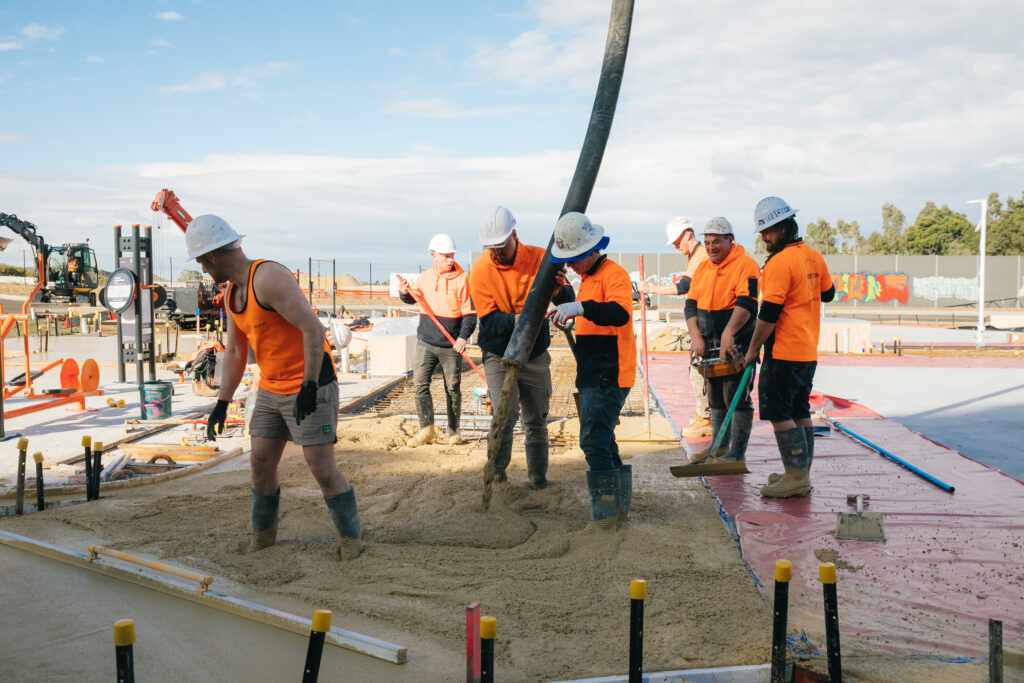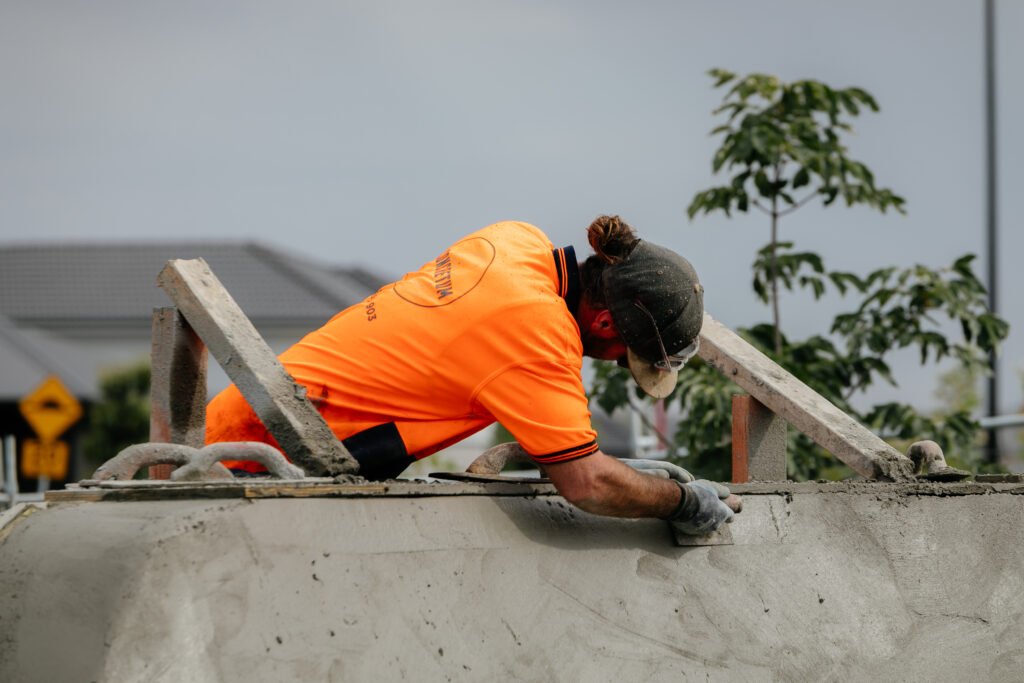The Effects of Rising Material Costs
The Australian construction industry experienced robust demand throughout the COVID-19 pandemic, driven by the infusion of fiscal and monetary stimulus. Simultaneously, the global supply chain disruptions caused by the pandemic created a significant decrease in the availability of building materials for the Australian construction sector.
In this environment of heightened demand and constrained supply of construction materials, the outcome has been a surge in building material costs, unprecedented since the 1970s.
As reported by an article provided by the Australian Government, the steepest material increase has been in steel prices, skyrocketing by an astounding 42%.
Whilst concrete and cement products haven’t experienced such a substantial surge in pricing, there has been a discerning escalation in the cost of these products in the last 12 months. The price of concrete, cement and sand have now risen by 16.2 percent compared with the same time last year, compounding the existing pandemic increase and providing a bleak outlook for the coming year.
Furthermore, Australian construction companies are grappling with added financial pressure stemming from factors such as inflation, rising wages, increased fuel expenses, and increased office costs.
What does this mean for your construction projects?
Construction companies vary in their operations and priorities, and the choice of your project’s contractor can yield distinct outcomes. These divergent results may encompass a range of risk exposures, including extended lead times, cost-cutting in procurement, products and skilled staffing, as well as susceptibility to price inflation.
Furthermore, the decision not to pass on increased costs to clients may lead to financial instability for the contractor, potentially leaving your project unfinished due to insolvency.

What should you consider when choosing a concreting contractor for your commercial project?
Accept the increase in building material costs
The inevitability of rising building material costs cannot be overlooked. Regrettably, these expenses must be transferred onto clients to uphold the standards of quality, expertise, and safety. Make sure you exercise caution when encountering a contractor who refrains from passing on these increases, as this practice may signify financial instability within their company, potentially resulting in an incomplete project or negative contractual behaviours. In such cases, the short-term savings may pale in comparison to the long-term financial consequences.
Look for signs of professionalism, longevity and value-add
Select a contractor with a well-established track record in your industry, renowned for their adept project management, consistently delivering projects punctually and within the designated budget. A company that excels in project management usually possesses a comprehensive grasp of cost management, supply chain optimisation, quality assurance, and operational efficiency. Through this expertise they may be able to mitigate some of the escalated material costs while adding substantial value to your project.
Be flexible
Maintain flexibility when it comes to tender pricing. It’s worth noting that many contractors now limit their tender prices to a 30 or 60 day validity period instead of the previous 90 days. Thus, when reviewing an initial quote, bear in mind that there might be a slight increase if the agreement isn’t finalised within the quoted timeframe.

Don’t waiver on product quality
In light of the surging costs, certain contractors may consider delving into alternative materials or mix designs in pursuit of cost-effectiveness. However, this approach potentially introduces risks pertaining to the performance, safety, and durability of your concrete structures. It is strongly advised that any such changes be undertaken only after a comprehensive review.
Find a specialist D&C company
If your project is constrained by budget limitations, it is advisable to collaborate with a concreting company possessing specialised design proficiency. A D&C (Design and Construct) Company can provide valuable guidance on alternative solutions and present contingency scenarios that won’t compromise the project’s quality or integrity.
Where material costs have increased, a D&C contractor can offer value management options or assist in redesigning your original plans in order to achieve a similar solution, whilst keeping the overall costs as close to the original budget as possible. A contractor with expert knowledge completely understands what alternatives are safe, durable and functional, so be sure to find a D&C contractor with proven experience in your field.
Furthermore, the adoption of a turnkey solution ensures more robust fiscal management by proactively addressing every project stage before commencement. It also minimises overall risk by having one point of contact for the entire project, increasing accountability and responsibility.
Summary
In the post-COVID-19 era, we must adapt to coexist with the heightened expenses of building materials. While it may be impossible to entirely circumvent these associated costs, aligning with a reputable concreting company with a strong grasp of operations and project management capabilities can effectively reduce the risks and financial burdens linked to building material inflation.
If you would like to learn more about how we can help with your commercial concreting project, please contact us on 1300 597 301.

A professional & reliable concreting company that can handle even the most technical jobs.
ADDRESS
94-102 KEYS RD
MOORABBIN VIC 3189


